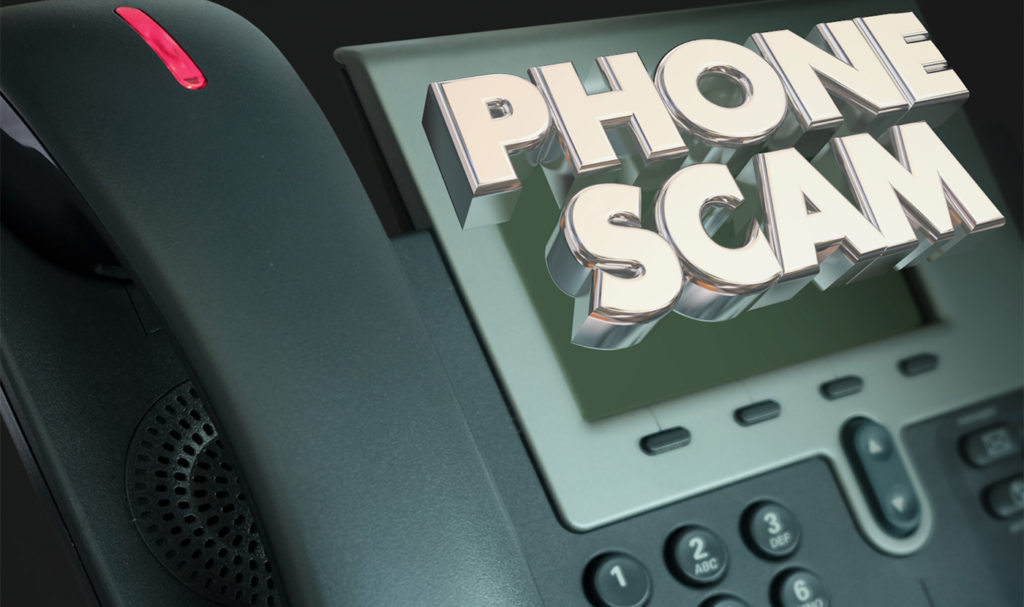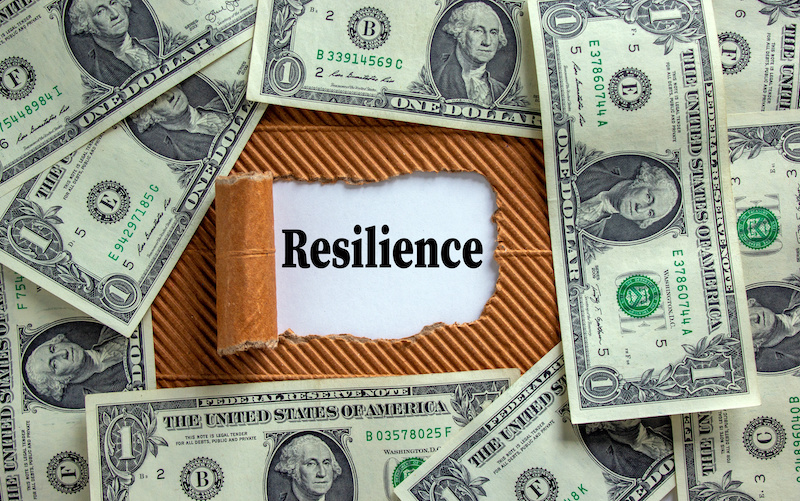KB Police: Fake Calls Aren’t From Us
Tony WintonApril 1, 2019

Photo illustration / Adobe Stock
There’s only been one reported case so far, but Key Biscayne Police are warning residents about a new kind of telephone scam where an imposter poses as an officer and asks for money.
“This is the first time we’ve come across it,” said Police Chief Charles Press. “Now, they are actually spoofing our number.”
Spoofing is a technique to fool Caller ID systems. Although there are lawful uses of the technology, scammers use it to mask their real number and instead trick a Caller ID system. In this case, police say a scammer impersonated the official (305) 365-5555 number of the Police Department.
“We wanted to act quickly to nip it in the bud,” the chief said. “We never call asking for money.”
Fraudulently spoofing phone calls is already illegal, and the Federal Communications Commission says it issued $200 million in fines in 2018. The FCC last month proposed new rules to crack down on spoofing via text messages.
The FCC has the following tips to protect yourself from spoofing scams:
- Don’t answer calls from unknown numbers. If you answer such a call, hang up immediately.
- If you answer the phone and the caller – or a recording – asks you to hit a button to stop getting the calls, you should just hang up. Scammers often use this trick to identify potential targets.
- Do not respond to any questions, especially those that can be answered with “Yes” or “No.”
- Never give out personal information such as account numbers, Social Security numbers, mothers’ maiden names, passwords or other identifying information in response to unexpected calls or if you are at all suspicious.
- If you get an inquiry from someone who says they represent a company or a government agency, hang up and call the phone number on your account statement, in the phone book, or on the company’s or government agency’s website to verify the authenticity of the request. You will usually get a written statement in the mail before you get a phone call from a legitimate source, particularly if the caller is asking for a payment.
- Use caution if you are being pressured for information immediately.
- If you have a voicemail account with your phone service, be sure to set a password for it. Some voicemail services are preset to allow access if you call in from your own phone number. A hacker could spoof your home phone number and gain access to your voicemail if you do not set a password.
- Talk to your phone company about call blocking tools they may have and check into apps that you can download to your mobile device to block unwanted calls.
Information on available robocall blocking tools is available at fcc.gov/robocalls.


